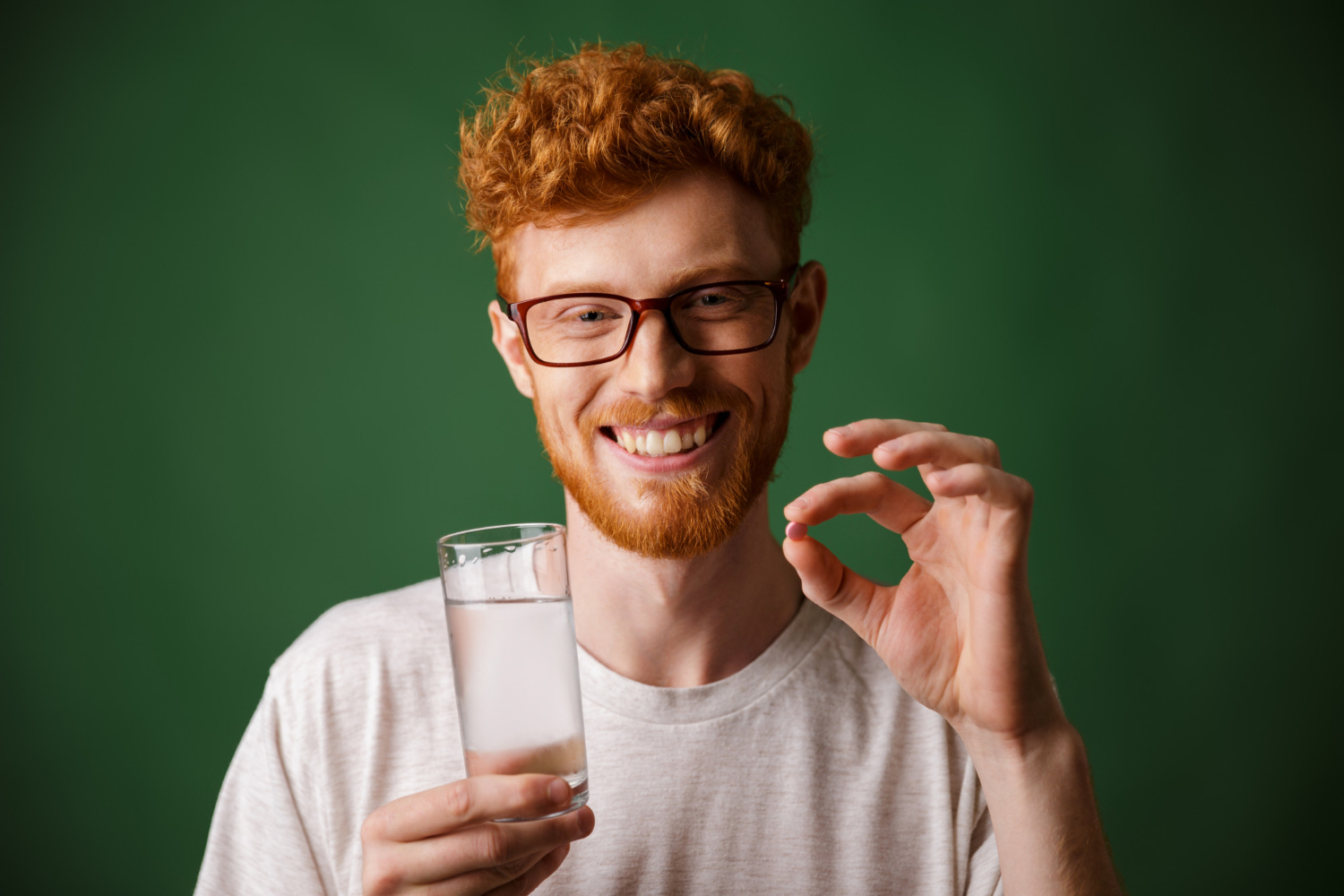
We all swallow pills irrespective of the drink that accompanies it, when a mere decision like that can be the difference between the world and the effectiveness or even toxicity of the drug. Some drinks enhance the drug’s strength and facilitate its absorption, while others can demonstrate the effect nullify or even bring serious health hazards. Imagine taking a doctor’s prescription antibiotic with hot tea unaware that the combination can significantly impair the drug’s efficacy. Or, for example, consuming grapefruit juice with your blood pressure medication unaware that the combination will lower your blood pressure to dangerous levels with severe consequences. We will now talk in this article about first what kind of drinks make drugs more effective and well absorbed, and then what kinds of drinks render drugs useless or even dangerous. Knowing this, you can take your drugs wiser and avoid side effects.
Drinks that make drugs more effective and well absorbed
- Water: The Best Constant Companion to Drugs
Plain water is the most and safest beverage to use when giving medicine. The majority of drugs require sufficient water for dissolution and absorption through the gastrointestinal tract. Taking medicine with water will allow:
- The drug rapidly dissolves and enters the bloodstream;
- Prevention of stomach irritation and gastrointestinal issues should be prevented;
- Minimization of chances for medicine sticking to the esophageal lining, especially for pill and capsule medication.
Key points on taking medicine with water:
- Have a glass of water (at least 200 ml) with the medicine.
- Avoid very hot or cold water with the medicine as this can influence the speed at which the medicine dissolves.
- Some medicines (e.g., blood pressure-lowering medicines) dry out the system, so drink plenty of water throughout the day.
- Milk: Beneficial or Harmful?
Milk is a healthy drink, but it affects drugs depending on the nature of the drug. Milk can facilitate better absorption of some drugs under specific conditions, but can delay the absorption of other drugs. If you have a milk-inhibited drug, do not drink milk at least 2 hours prior to or following the drug ingestion.
Drugs that are facilitated by milk absorption:
- Certain NSAIDs such as ibuprofen and naproxen, permitted to be administered with milk, can avoid stomach irritation.
- Certain antidepressants, perhaps administered with milk, can facilitate absorption.
Substances that inhibit milk absorption:
- Milk calcium will also chelate the tetracycline group of antibiotics and ciprofloxacin and inhibit their absorption from the gut.
- Taking some thyroid medications with milk at the same time decreases their action.
- Natural fruit juices: are they an enhancer or a spoiler?
Natural fruit juices, of which there are numerous varieties, may complement or limit the effect of drugs. They contain vitamin C, flavonoids, and minerals that cause a shift in the drug metabolism.
Fruit juices whose effect increases drug absorption:
- Orange juice enhances augmented iron absorption and enhances the efficacy of some enhancer medicines.
- Pomegranate juice is rich in antioxidants and, in certain cases, reduces inflammation and enhances the efficacy of anti-inflammatory medicines.
I will elaborate on the fruit juices to be consumed with caution below.
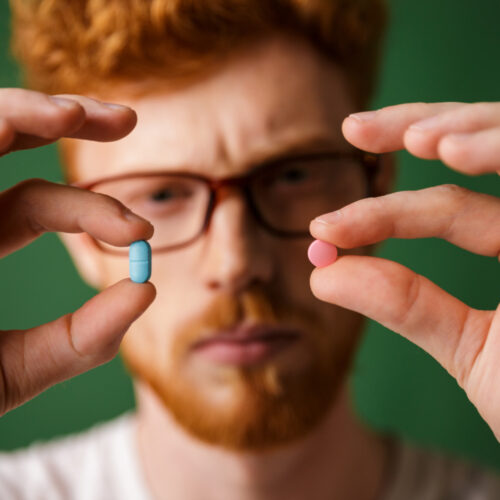
Drinks that reduce drug efficacy or render drugs harmful
- Hot coffee and tea: drug interaction, sedatives and thyroid drugs
Tea and coffee are among the most common drinks taken on a daily basis, but taking some medications with them might reduce the effect of the medication or cause an undesirable effect. If you do take iron tablets daily, then avoid tea or coffee at least one hour before or two hours after.
General interactions:
- The tannins present in tea and coffee may interact with the iron in iron supplements and lower its absorption by as much as 50%. This is highly relevant to anaemic patients.
- Drinking coffee and hot tea soon after consuming thyroid medications like levothyroxine decreases its absorption. Water and some time gap between coffee or tea and these tablets is recommended.
- Coffee and tea’s caffeine reduces the activity of sedatives and hypnotics and reducesassistantalmötions sleep quality.
- Carbonated drinks: reducing the absorption of stomach and bone drugs
Carbonated drinks contain phosphoric acid and large amounts of sugar, which can hinder the absorption of certain drugs.
General interactions:
- Carbonated soft drinks alter the acidity of the stomach and reduce the action of stomach antacids (such as omeprazole and ranitidine).
- Soft drinks contain high phosphates, which inhibit calcium absorption and lower the impact of stronger and osteoporosis medications (such as alendronate).
- Soft drinks’ excess sugar can fluctuate blood glucose levels and interfere with the effect of blood glucose control medication and diabetes.
- Alcohol (spirits): Potentially most harmful interaction with hypnotic medications, antidepressant medications, and blood pressure
Alcohol is also among the most dangerous drinks when consumed with drugs since alcohol can increase or decrease the effect of some drugs and create serious complications.
General interactions:
- Mixing sedative and hypnotic drugs (e.g., diazepam and alprazolam) with alcohol can cause extreme drowsiness, decreased level of consciousness, and even respiratory failure.
- Alcohol can alter the effect of antidepressants and increase the risk of depression and suicide.
- Consumption of alcohol with blood pressure medication may lead to the decrease in blood pressure, dizziness, and syncope.
- Grapefruit juice: increased risk of side effects of heart and anti-cholesterol drugs
Grapefruit juice is likely the most widely consumed drink that influences the metabolism of certain drugs and increases their blood level above their control.
General interactions:
- Consumption of grapefruit juice can enhance the blood level of cholesterol-decreasing drugs (statins such as atorvastatin and simvastatin) and therefore risk for the dangerous effects of the drug such as muscle damage and liver damage.
- The drink can contribute to the action of certain cardiovascular medicines and also acute drops in blood pressure.
- Blueberry juice: danger of bleeding with anticoagulation therapy patients
Blueberries contain ingredients that may interact with certain medicines, especially blood thinners.
General interactions:
- Excessive blueberry juice will enhance the effect of blood-thinning drugs (like warfarin) and also the likelihood of bleeding within the body.
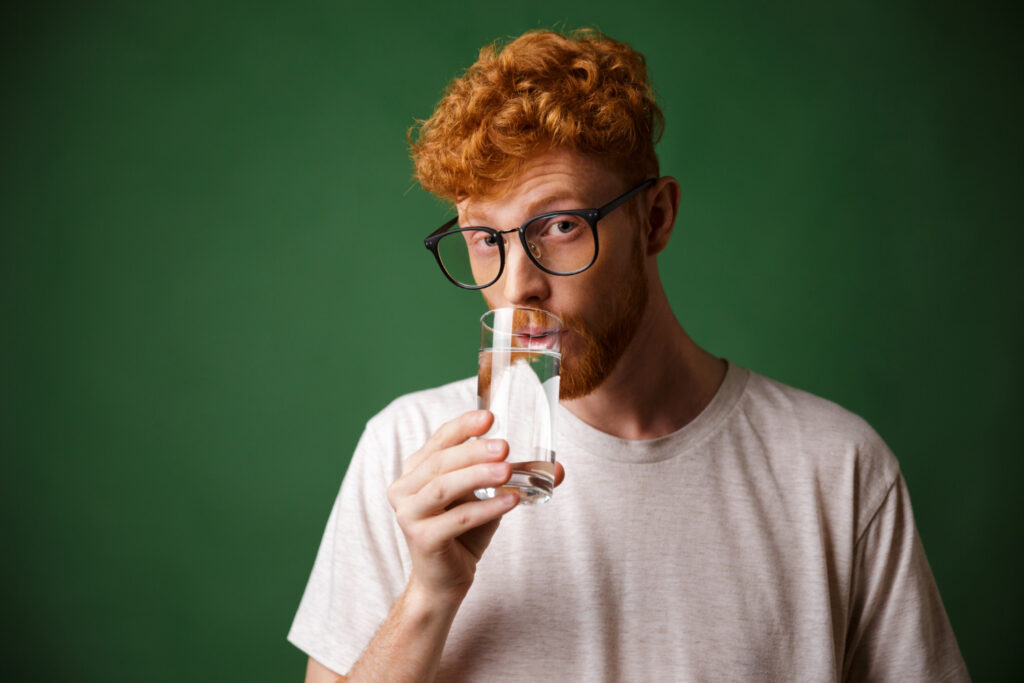
Final Thoughts
Taking a drug is not just popping a pill. The surroundings and way of consuming the drug can directly affect its efficacy. Occasionally a wrong decision can render the drug useless or even result in harmful side effects. In taking drugs, always consult from legitimate sources, listen to your physician’s and pharmacist’s guidance, and never neglect the effects of ordinary beverages on your health.
Resources
Alcohol and Medication Interactions
Should you mix coffee and medicine?


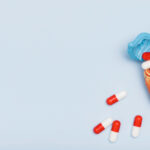
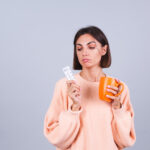




No comment yet, add your voice below!